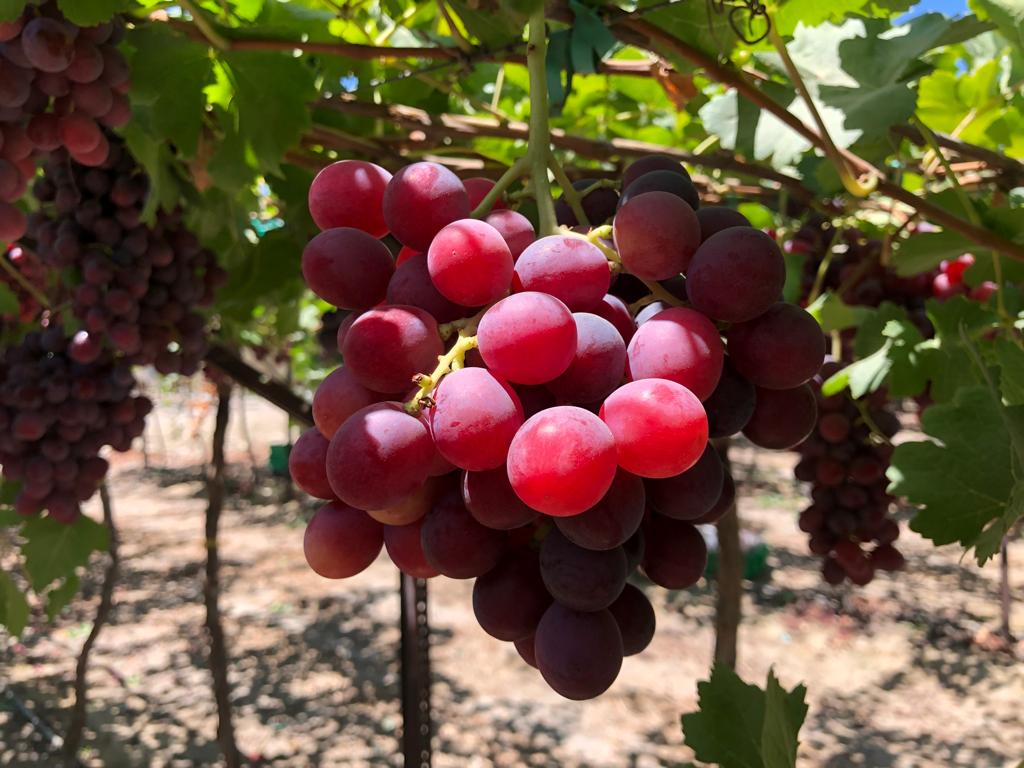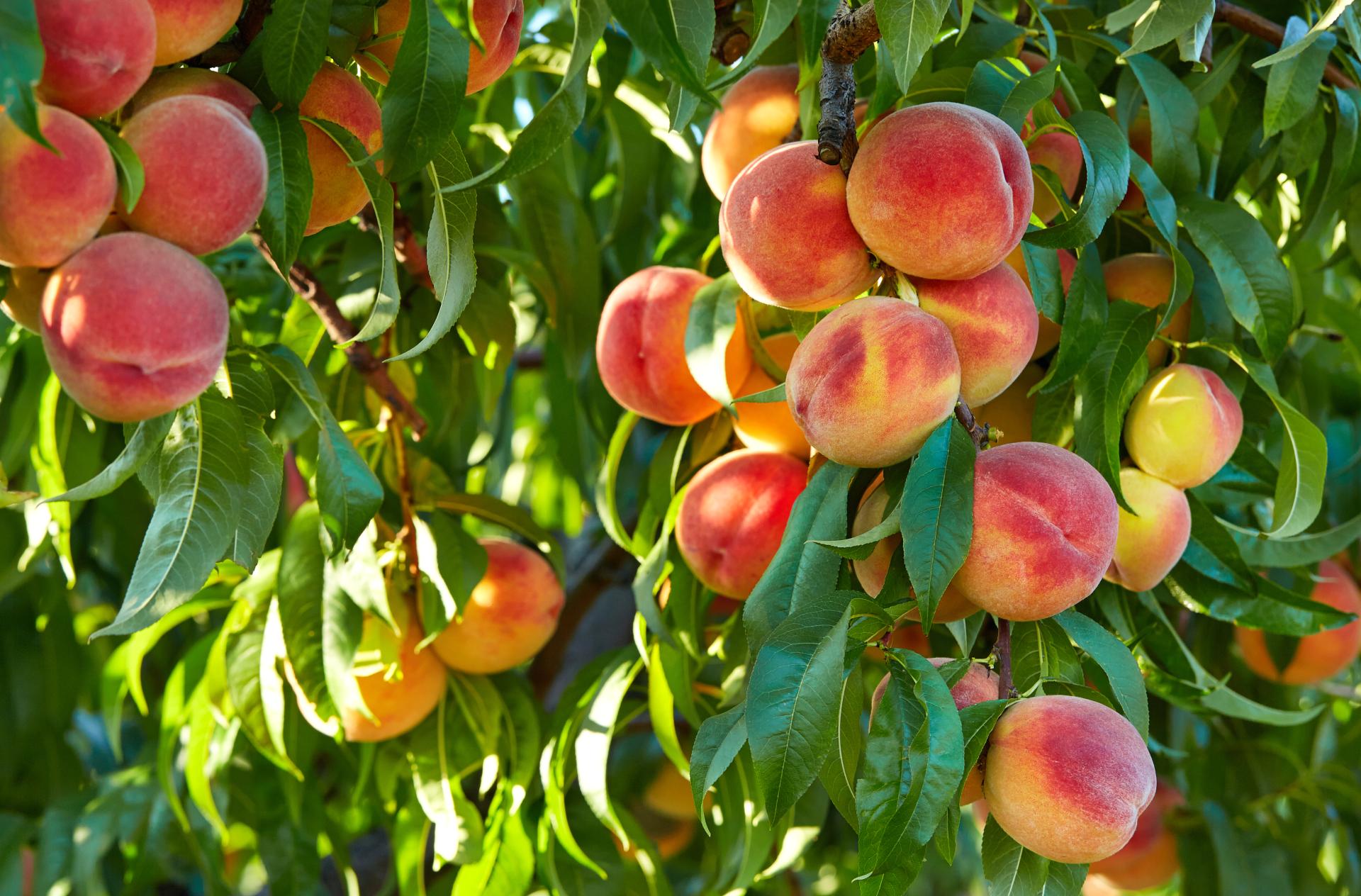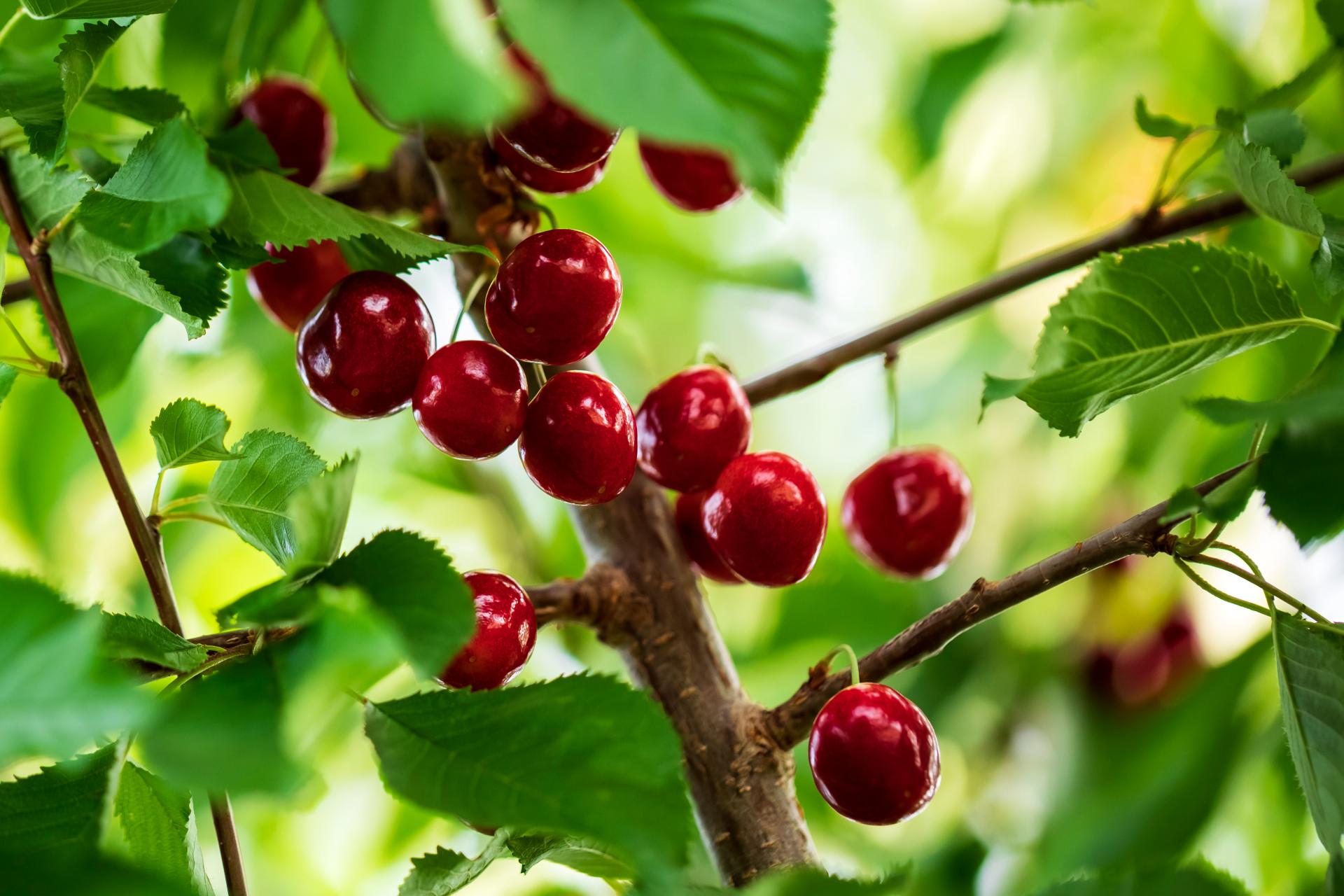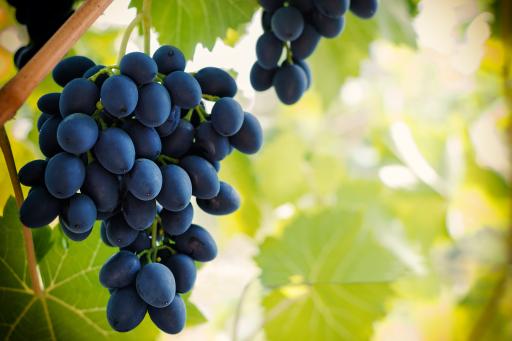
The fruit of desire: supporting ripening toward quality
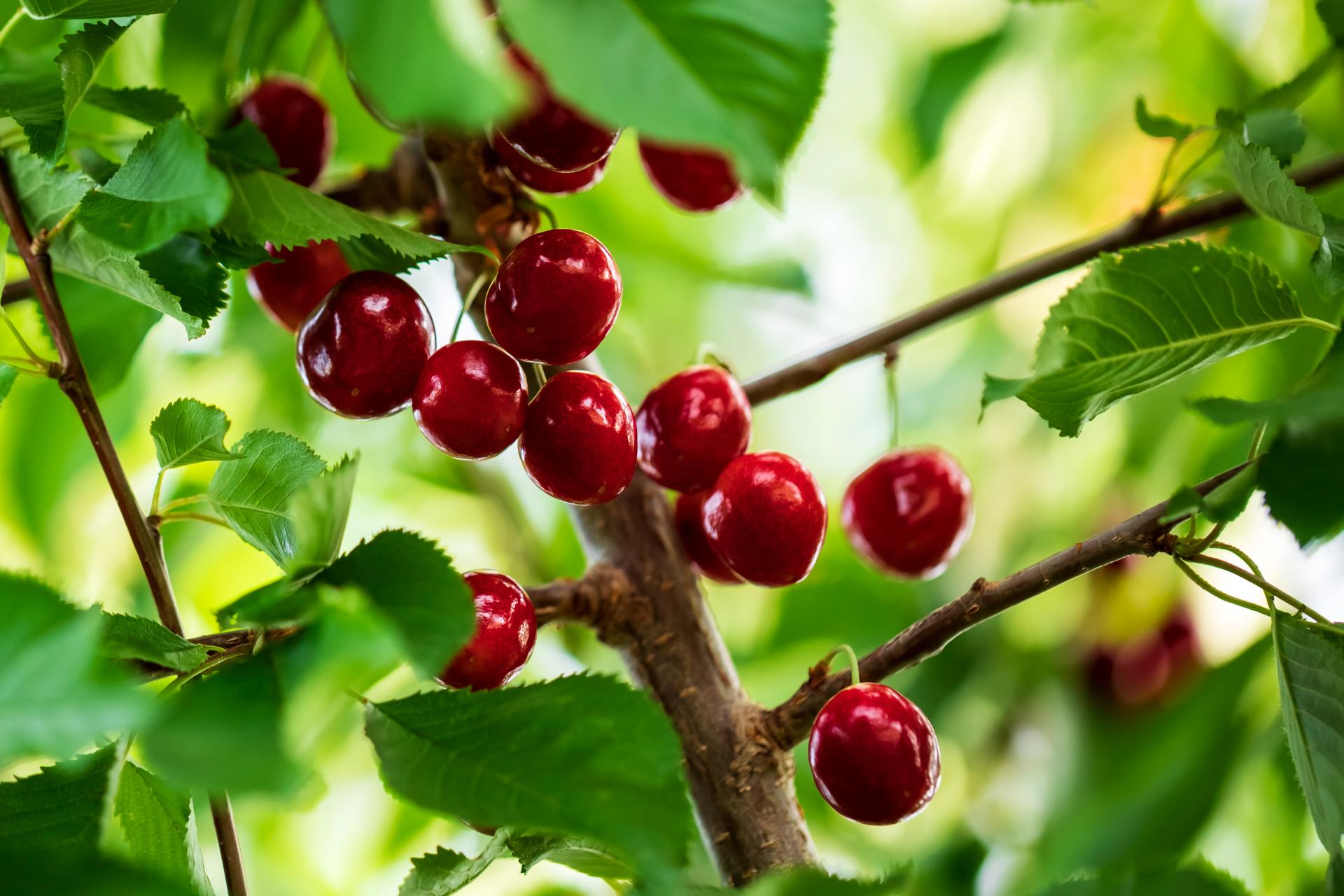
Ripening is the phase that transforms a fruit from a simple storage organ into a high-value commercial product. It is during this phase that the consumer finds in the fruit what they desire most: color, flavor, aroma, and texture. These attributes define both the perceived and actual market value of the product.
Ripening is a complex process, regulated by hormonal signals (ethylene, abscisic acid), metabolic changes, and profound cellular transformations. Cell walls soften, sugars accumulate, acidity decreases, pigments (carotenoids, anthocyanins) and aromatic compounds increase. This entire process is heavily influenced by genetic, environmental, and nutritional factors.
Influencing Ripening: A Technical and Sustainable Approach
PHARMAMIN‑M is K‑Adriatica’s targeted solution specifically formulated to support ripening naturally—not by forcing it, but by assisting the plant’s physiological processes through an integrated metabolic and nutritionalstrategy.
At the core of PHARMAMIN‑M’s effectiveness is a carefully selected pool of amino acids capable of modulating gene expression involved in key ripening pathways. These include the synthesis of pigments (carotenoids and anthocyanins), sugar accumulation, activation of hormonal signaling (ethylene and abscisic acid), and the enzymatic modifications of cell walls that affect fruit firmness.
This action has been validated by transcriptomic studies, which demonstrated that PHARMAMIN‑M acts directly on regulatory genes involved in ripening. This makes it an innovative and sustainable tool for enhancing fruit quality during the pre-harvest phase.
The Results Speak for Themselves
In nectarine, results clearly show the effectiveness of this metabolic approach: 34.9% of fruits treated with PHARMAMIN‑M reached over 80% of the desired coloration, compared to just 28.5%with the standard treatment. This statistically significant difference translates into greater visual appeal and higher commercial value.
Similar results were observed in plum, where fruits treated with PHARMAMIN‑M exhibited uniform coloration on approximately 93% of the surface, compared to 87% in untreated controls. Even more striking was the difference in color intensity: 58.7% of treated fruits reached the "purple" stage, versus only 35% in untreated fruit—confirming PHARMAMIN‑M’s effectiveness across species in improving uniformity and visual quality at harvest.
More consistent than color data were the results in terms of Brix levels. In the Rainier cherry variety, PHARMAMIN‑M significantly improved the quality parameters of the harvest:
Treated fruits reached a higher Brix level (19.97 vs. 18.73) and showed 48% red fruits, compared to 25% in the control, indicating a strong enhancement in both taste and appearance.
Treated fruits reached a higher Brix level (19.97 vs. 18.73) and showed 48% red fruits, compared to 25% in the control, indicating a strong enhancement in both taste and appearance.
In Superior Seedless table grapes, application of PHARMAMIN‑M led to a 12% increase in Brix compared to untreated grapes, highlighting the product’s versatility and efficacy across fruit species with different physiology and market destinations.
PHARMAMIN‑M: Ripening Reinvented
PHARMAMIN‑M represents a modern, effective, and sustainable approach to fruit ripening—not a ripening accelerator, but a physiological ally that supports the plant’s natural processes to achieve desired quality targets.
Through the synergy of biostimulation and nutrition, PHARMAMIN‑M provides a concrete solution for growers seeking to transform ripening into agronomic, commercial, and sensory value.








